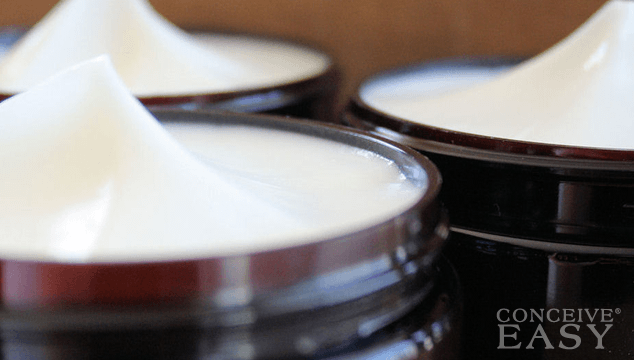The proper level of progesterone is essential to women’s fertility. The hormone progesterone supports pregnancy because, after ovulation, its level rises, and during the implantation of the egg, this hormone allows the pregnancy to be accepted by the body. Claim Your 20 Free Pregnancy Tests – Click Here

If the level of progesterone is low, fertility either decreases or, if the eggs are fertilized, it is possible for the woman’s body to reject the implantation. The right amount of natural progesterone definitely increases the chances to conceive, especially when coupled with the right estrogen level, in order to create the appropriate hormonal balance for the purpose of accepting the implantation.

In addition to helping the implantation process, progesterone also promotes the survival of the fertilized egg. Actually, the primary cause of a miscarriage is lower than normal progesterone levels. If necessary, progesterone supplementation as progesterone cream, gel or capsules, after the ovulation has already occurred, should be taken into account.
However, if you are trying to become pregnant, progesterone supplements should not be taken prior to ovulation, because they inhibit the process of ovulation; after ovulation, additional progesterone is not only safe, but it actually helps to enhance fertility, and it can be used on a regular basis until a pregnancy has been achieved. Do not stop the progesterone supplementation suddenly, as it could lead to miscarriage.

Natural sources of progesterone are extracted from various herbs, fruit and spices, such as chaste berry (Vitex), spirulina, walnut, wild yam, Siberian ginseng, turmeric, thyme, oregano. They aid the female body to increase its progesterone levels in a natural, safe and effective way.
Alternative treatments with progesterone, such as herbal and homeopathic fertility home remedies, have no side effects and, moreover, they promote improved fertility and prepare your body for the miracle of motherhood. In this way, the proper level of progesterone stimulates the attachment and development of the fertilized eggs onto the uterine walls.
If getting pregnant turns out a success, you should continue taking the right amount of progesterone up until your third trimester, when the placenta releases enough progesterone and, therefore, supplementation will not be needed anymore. As with any fertility supplement or herbal remedy, you should always consult your healthcare provider prior to use.

In case you have not achieved a pregnancy yet, you should stop taking the progesterone supplementation on the last day of your period, in order to reinstate the normal process of ovulation. After ovulation, continue to take extra progesterone in order to induce a high fertility level and to stimulate the proper function of the inner lining of the uterus, the endometrium, which nourishes the fertilized egg and, eventually, the embryo.
Progesterone cream is the key treatment, especially in the case of women who have experienced difficulties in keeping a pregnancy, or those experiencing infertility issues, such as the absence of ovulation altogether. This natural hormone plays a key part in the acceptance of implantation, so optimize your efforts aimed at getting pregnant with natural progesterone supplementation.










Comments